Blog
Press Release: October 22, 2019
Oji ocha yi ukpotu yi wo ma?

A Yala speaking pastor in Nigeria is seeing the effect of using mother tongue Scripture in his church. “We read John 3:16 in Yala,” he explained. An elderly woman asked if he would please read it again. After the second reading the woman said, “This is the first time since I have been coming to church that I understood the Scripture!”
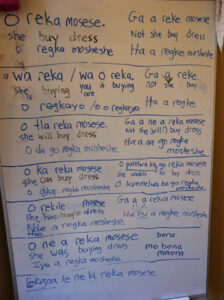
Put yourself in that woman’s place. Imagine sitting through church service and not understanding the most important parts!
It’s challenging to process any kind of information in a second language. Think how difficult it would be for you to understand Scripture if you had to listen to it in a language you didn’t understand very well. To really connect with God’s Word, you need to hear it or read it in your heart language so you can process it and comprehend the meaning.
We all have internalized rules, known as a grammar, for using our language. This information is mostly acquired by observing other speakers. Because the process begins in infancy it’s often referred to as your mother tongue. To learn a language later in life involves more explicit instruction. Imagine, then, how difficult it is to learn to read and write for the first time in a language other than the one you learned to speak as a child.
Perhaps you have studied other languages yourself. When you saw or heard words and sentences in that foreign language, did you instantly, instinctively understand what was being said? Or did you first translate the words into your own language before you were able to figure it out? When you hear the word gato do you see a furry four-legged animal in your mind, or are you picturing the word cat?

Interestingly, the use of the phrase heart language is not universal. Rather, heart language conveys a concept, and that concept is understood universally. It may be called the gut language, first language, real language, or birth language. However you refer to it, the heart language serves to communicate in a way that no other language can.
So, oji ocha yi ukpotu yi wo ma? What is your heart language? The one in which you pray, worship, communicate to family and friends? When you hear or read Scripture in your language do you know what God is saying to you? Do you feel the love, compassion, sacrifice, sorrow and joy to be found in God’s Word?
Wouldn’t it be wonderful if everyone could find that same joy? Click here to learn more about God’s mission through Lutheran Bible Translators, making Scripture accessible to people in their heart languages.

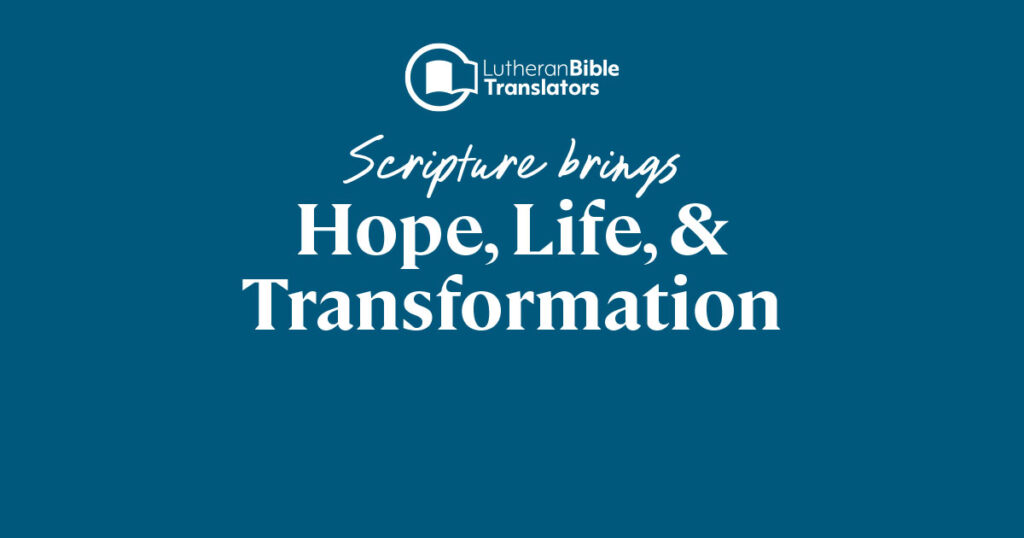

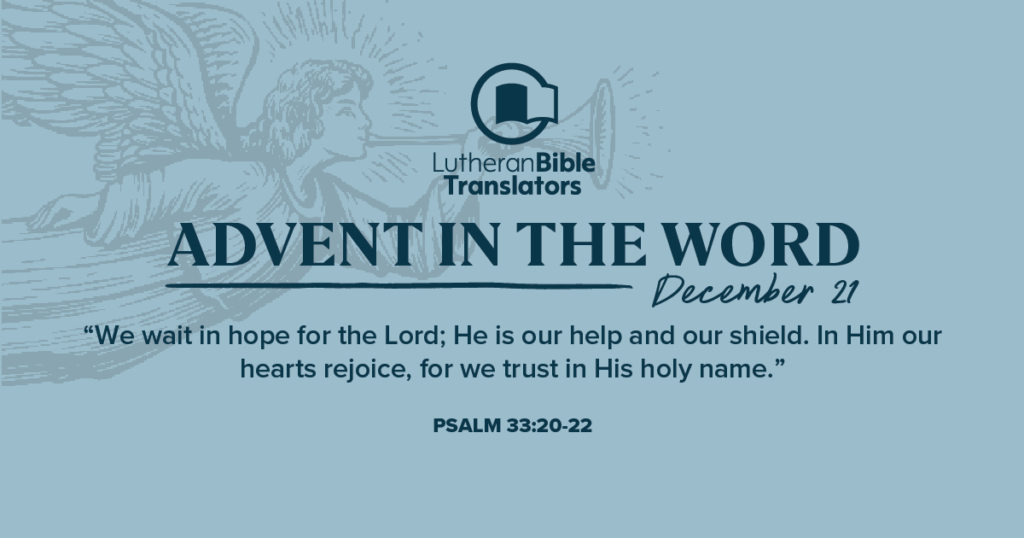
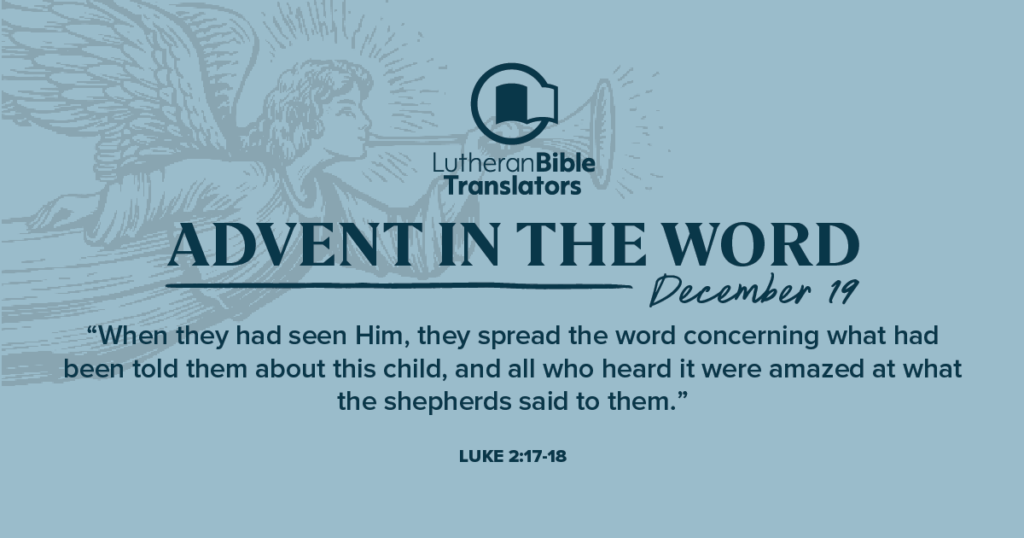
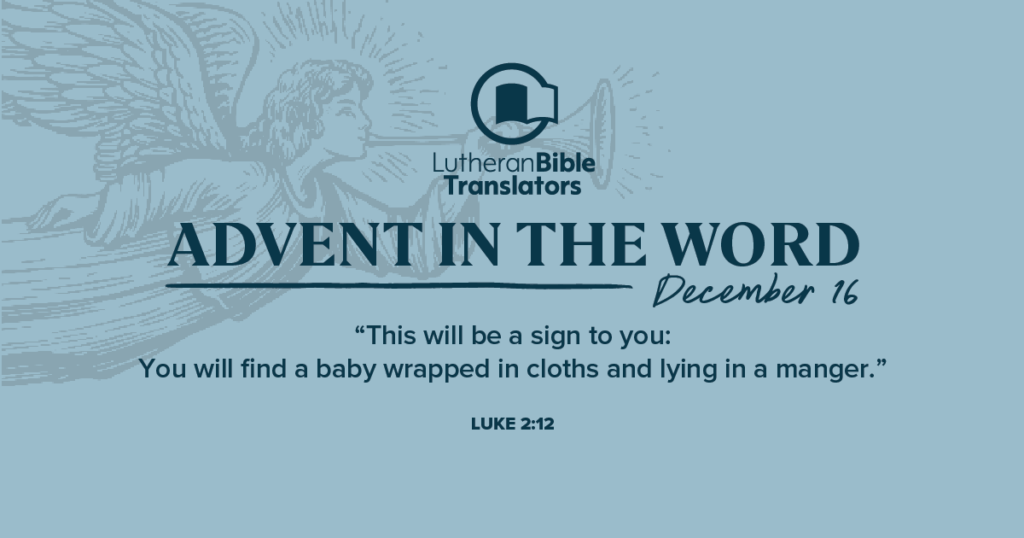
Leave a Reply
You must be logged in to post a comment.